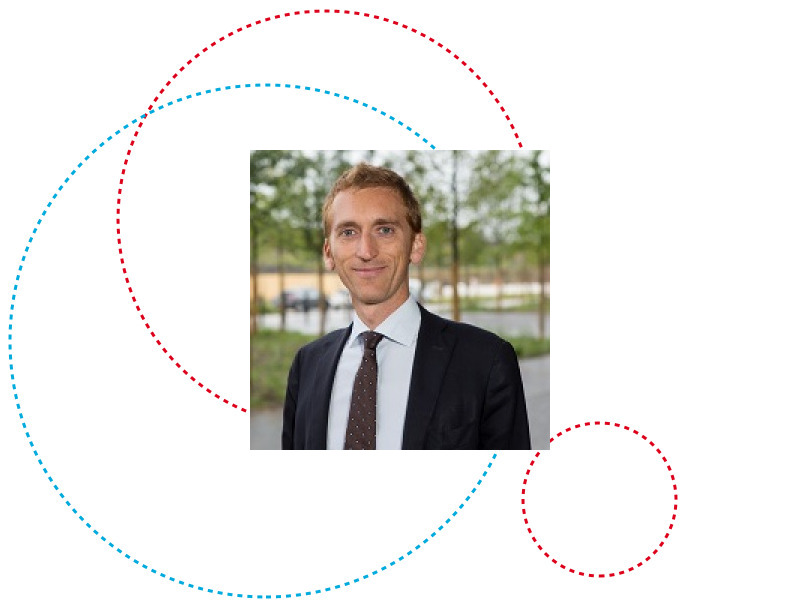The pan-European research project Working, Yet Poor (the “WorkYP Project”) was recently awarded 3.2 million euros for three years by the EU’s Horizon 2020 programme. The WorkYP Project will examine the social and legal reasons behind the increasing number of EU citizens who are still at risk of living below the poverty line despite being employed.
In 2017, almost 10% of the EU’s working population was at risk of living in poverty, representing roughly 20.5 million EU citizens. Beyond social exclusion, divergence, and inequality, in-work poverty also jeopardises a fundamental and essential feature of EU citizenship: the prospect of a decent life. Governmental action to reverse the trend is needed, but determining how to tackle the problem requires understanding its sources. The WorkYP Project will augment that understanding and help focus and improve governmental responses.
“Countries implement certain measures to prevent in-work poverty, but there is not a set approach towards reducing or eliminating it. EU Member States – individually and collectively – need a better understanding of the problem, an understanding supported by pertinent data and which allows them to monitor and successfully attack it,” says Luca Ratti, the WorkYP Project’s coordinator and Associate Professor of European and Comparative Labour Law at the University of Luxembourg.
The distribution of in-work poverty differs substantially across Europe, due to different social and legal systems or measures implemented to reduce poverty. For example, 13.4% of the working population were at risk of poverty in Luxembourg in 2018, compared to 5.2% in Belgium. The reasons for such differences have not been sufficiently investigated. Therefore, the WorkYP Project will analyse seven representative countries with different social and legal systems (Luxembourg, Belgium, Germany, Italy, the Netherlands, Poland and Sweden) to document the problem and to propose best practice solutions to combat in-work poverty across all systems.
“If, in any given country, we find 10%-15% of the working population living at or below the poverty line, its labour laws have already failed to protect citizens, and its socio-economic cohesion is in danger. With this study, we intend to help EU Member States, and the EU as a whole, to better target their policies and regulatory action,” Ratti explains.
The WorkYP Project has identified specific groups of people that are at greater risk of in-work poverty, on which the analysis will focus. These include low wage workers; self-employed people; those with temporary or flexible employment contracts; and casual or “zero-hours” workers. Because women are more frequently employed in low-paid jobs or are more vulnerable to unequal working conditions, the household’s composition and income will be considered in the research.
Cross-border Project Led in Luxembourg
Associate Professor Luca Ratti will lead a multinational and interdisciplinary research team comprised of researchers from eight European universities (Frankfurt, Bologna, Leuven, Rotterdam, Tilburg, Gdansk and Lund) as well as three social rights institutions active in Europe. Conchita D’Ambrosio, professor for economics at the University of Luxembourg, will contribute her expertise in poverty and social exclusion. The University of Luxembourg was chosen to coordinate the WorkYP Project due to its outstanding reputation as an effective incubator of multidisciplinary research projects with real-world implications.
The project has tangible implications for individuals, says Luca Ratti: “EU citizenship should guarantee the right to a decent living, but in-work poverty in the EU still affects millions of citizens on a daily basis. To combat this pressing real-life problem, we must foster pan-European and multidisciplinary research partnerships to find solutions; a singular approach is bound to fail. The WorkYP Project will rely on the combined efforts of a diverse group of social and legal experts to thoroughly analyse the problem and then suggest realistic measures to help reduce the number of working poor in the EU.”
